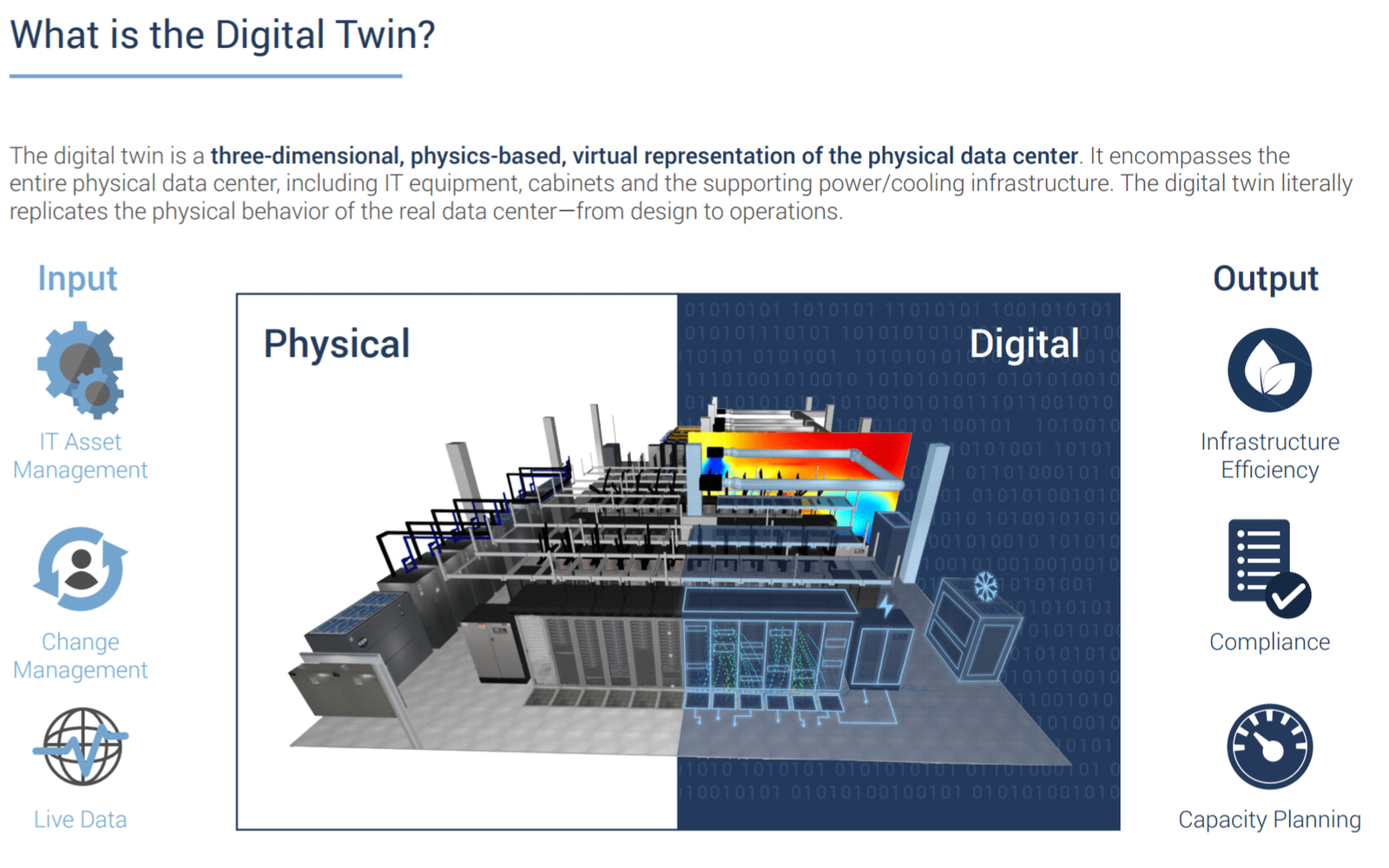To spearhead a global technological revolution, fostering collaboration among scientific communities worldwide stands as a fundamental necessity. This entails establishing seamless collaboration channels between research communities spanning various institutions and countries.
A pivotal stride in the global democratization of R&D involves dismantling bureaucratic barriers. Presently, engaging with different facilities worldwide entails navigating through cumbersome paperwork across various government departments. By democratizing R&D, the creation of a platform that facilitates collaboration and technology exchange streamlines the process for researchers, thus nurturing global innovation.
Technological breakthroughs often materialize through global partnerships among scientific peers, academic institutions, and technological labs. Facilitating the exchange of knowledge and technology renders innovation and breakthroughs more accessible, consequently yielding novel advancements that benefit society at large.
Through extensive global collaboration, expert assistance becomes readily accessible worldwide, offering technical support to individuals irrespective of their geographical location. Consequently, the establishment of a virtual laboratory fosters engagement among technicians hailing from diverse geographical locations.
Picture a private entity offering a platform that simplifies the intricate processes involved in global collaboration, effectively eradicating barriers between researchers and the global technological community. Such a platform not only facilitates collaboration but also extends technical support and expert assistance across various scientific domains, empowering individuals with innovative ideas to realize their visions.
The true potential of democratized R&D can only be fully explored through the establishment of private firms that provide comprehensive facilities and support in a manner conducive to researchers. By fostering an environment of collaboration and accessibility, unprecedented opportunities for innovation and progress can be unlocked.
In the immortal words of Helen Keller, “Alone we can do so little; together we can do so much.” Let us embrace collaboration and work together to unlock the full potential of democratized R&D, thereby propelling global innovation and ushering in a brighter future for all.
Expanding on the notion of dismantling bureaucratic barriers, imagine the countless hours wasted by researchers worldwide in navigating complex administrative procedures just to initiate collaborations or access resources located in different countries. Each institution and government department may have its own set of regulations and paperwork, causing significant delays and frustrations. By simplifying these processes through a centralized platform, researchers can focus more on their core work: pushing the boundaries of knowledge and innovation.
Moreover, the democratization of R&D doesn’t merely mean making it easier for established researchers to collaborate. It also opens doors for aspiring scientists and innovators from regions with limited resources or connectivity to participate on a global scale. Imagine a talented researcher in a remote village gaining access to cutting-edge technology and mentorship from renowned experts halfway across the globe, all through a virtual collaboration platform. This democratization ensures that innovation isn’t confined to the boundaries of privilege or geographical location but thrives on the diversity of ideas and perspectives.
Furthermore, the benefits of global collaboration extend beyond the scientific community. Breakthroughs in one field often have ripple effects across multiple sectors. For instance, a discovery in renewable energy technology might not only revolutionize the way we generate power but also impact industries such as transportation, manufacturing, and agriculture. By fostering interdisciplinary collaboration through platforms that facilitate knowledge exchange, we amplify the potential for transformative change and address complex global challenges more effectively.
The establishment of private firms dedicated to supporting democratized R&D adds another dimension to this vision. These firms can act as catalysts, bridging the gap between research institutions, industry partners, and policymakers. They can provide not only logistical support but also strategic guidance, helping researchers navigate the complexities of intellectual property rights, funding opportunities, and market dynamics. In doing so, they create a fertile ecosystem where ideas can flourish and evolve into real-world solutions.
Moreover, by embracing collaboration as a core value, we foster a culture of openness, transparency, and mutual respect within the scientific community. Researchers are encouraged to share not only their successes but also their failures and challenges, allowing others to learn from their experiences and build upon their work. This culture of collaboration not only accelerates the pace of innovation but also enhances the rigor and reproducibility of scientific findings, ultimately benefiting society as a whole.
In conclusion, the democratization of R&D is not just a lofty ideal but a practical imperative for addressing the complex challenges of our time. By breaking down barriers, fostering global collaboration, and supporting aspiring innovators, we unlock the full potential of human creativity and ingenuity. As Helen Keller aptly put it, “Alone we can do so little; together we can do so much.” Let us heed her words and work together to build a brighter, more prosperous future for all.








